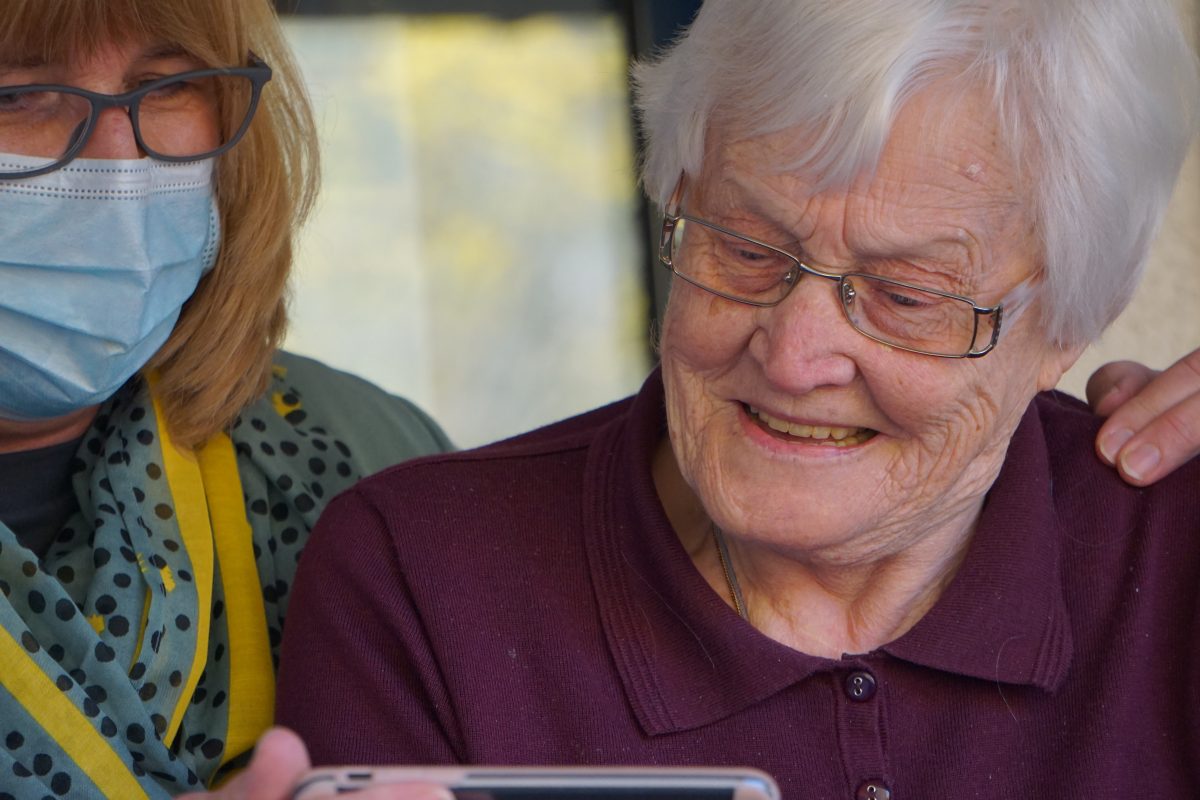Article by CSI
Dementia is a progressive disease and affects each person in a different way. The signs and symptoms linked to dementia can be understood in three stages.
Early-stage dementia: In the first stage of dementia there is a slow disease progress, also known as very mild cognitive decline. The symptoms are often overlooked because the onset is gradual. However, in this stage, caregivers may start to notice that the seniors start finding it harder to recall information, but clear symptoms of dementia are still not obvious.
Middle-stage dementia: The middle stage of dementia is typically the longest and can last for many years. As the disease progresses, the signs and symptoms become more restricting, and the person with dementia will require more direct care. Caregivers are advised to create a daily care plan and adjust the existing schedules as needed to provide the necessary level of care.
Late-stage dementia: The late stage of dementia is the stage when the patient becomes almost totally physically and emotionally dependent. This stage is also characterized by high levels of inactivity. Memory disorders become more serious, and the physical, emotional and behavioural symptoms become more obvious.
Age-related neurocognitive disorders such as dementia can lead to the loss of individual autonomy. Its incidence and prevalence increase exponentially with age, where more than 90% of dementias appear after the age of 65. Since dementia may lead to a progressive loss of independence, the person may become more reliant of the care of other people. Dementia can be expressed as a decline in everyday activities, memory loss, emotional fluctuation, loss of control over behaviours, changes in interpersonal communication and many more. Studies suggest that “despite social functional decline being characteristic of dementia, that there is a possibility that facilitating increased social contact in people with dementia may improve disease outcomes”. All direct care providers need to have the necessary soft skills and knowledge to work with people with dementia.
As mentioned before, in early stages, a person with dementia can participate in normal conversations but will simply forget a word or might use the wrong words. “As Alzheimer’s disease and other related dementias destroy brain cells, a significant symptom, known as “aphasia,” is losing the ability to speak and to understand speech. Aphasia worsens as the disease progresses. It becomes harder to remember the right words and process what others are saying. Difficulty while speaking is one of the first noticeable symptoms in people with dementia, particularly those with Fronto Temporal dementia.” Therefore, trying to communicate with a person with dementia can be proved to be quite difficult while the disease is progressing.
Tips and strategies for maintaining communication with people with dementia:
- Stand near the person.
- Refer to the person by name.
- Maintain good eye contact.
- Always try to get person’s attention and awareness.
- Create quiet spaces and calm environments.
- Minimize distractions.
- Use basic language.
- Keep the person comfortable.
- Use positive body language and gestures.
- Give the person time to find the right words to express their selves.
- Read body language and emotions.
- Avoid using open-ended questions.
- Learn how to cope with decreasing verbal skills.
- Identify and validate the feelings, expressed verbally or nonverbally, of the person.
References:
Dementia. Retrieved from: https://www.who.int/news-room/fact-sheets/detail/dementia
Todaysgeriatricmedicine.com. Retrieved from: https://www.todaysgeriatricmedicine.com/archive/MA17p16.shtml
Leisurecare.com. Retrieved from: https://www.leisurecare.com/resources/7-stages-dementia
Web.archive.org. Retrieved from: http://web.archive.org/web/20210124214938/https://www.seniorlifestyle.com/resources/blog/detecting-alzheimers-symptoms-stages


